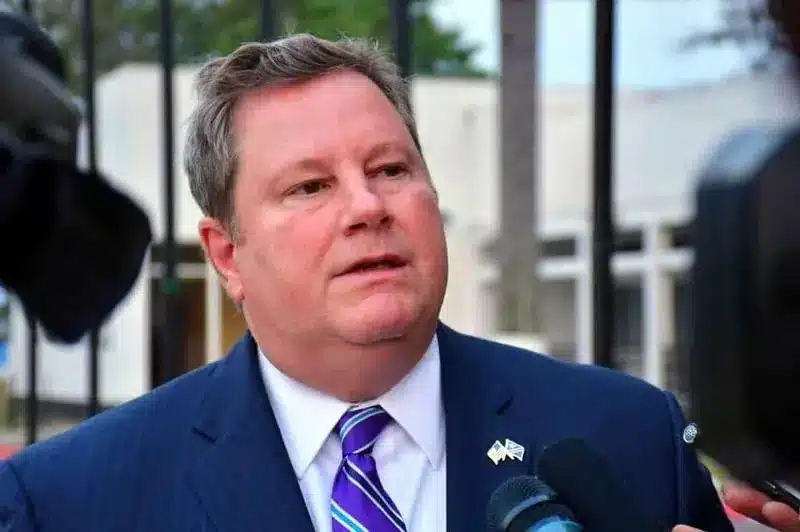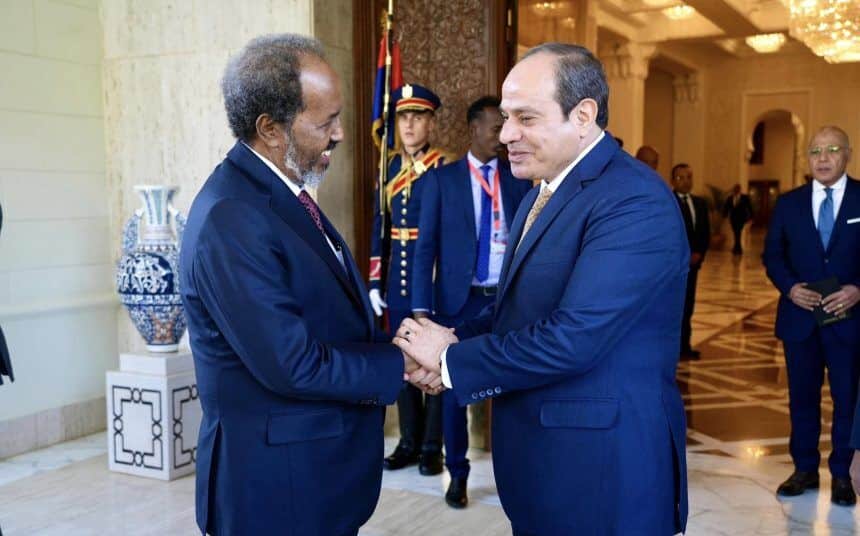
Mike Hammer, the Special Envoy for the Horn of Africa representing Washington, underscored the escalating dangers associated with travel to the Amhara and Oromia regions following his recent trip to Ethiopia. This visit was part of a larger itinerary that also included stops in Belgium and Kenya, aimed at engaging with officials from the African Union (AU) and the Intergovernmental Authority on Development (IGAD) regarding pressing regional security matters, particularly humanitarian initiatives in Sudan and the execution of the Pretoria Agreement in northern Ethiopia.
During a press conference held at the US embassy in Addis Ababa on Friday, Hammer reiterated the United States’ dedication to tackling the ongoing violence in the Amhara and Oromia regions, where armed confrontations between rebel factions and government forces have had devastating effects. He remarked on the necessity of maintaining focus on the significant violence occurring in these areas, even as broader regional issues are addressed.
The Special Envoy also pointed out that Ethiopia’s reinstatement in the African Growth and Opportunity Act (AGOA), a preferential trade arrangement with the United States, has not yet been achieved due to the prevailing violence. This situation highlights the complex interplay between security concerns and economic opportunities in the region, emphasizing the urgent need for resolution to the ongoing conflicts.
US envoy @MikeHammerUSA confirms "government forces" commit "abuses and atrocities" against innocent civilians in #Amhara & #Oromia. Hence #AGOA will not be restored. pic.twitter.com/3zuYFdfLLg
— Gizaw Legesse (@mosaleg) September 14, 2024
Hammer expressed concern over the ongoing reports of abuses and atrocities, stating, “As long as these violations persist, Ethiopia cannot be reintegrated into AGOA.” He acknowledged the achievement of peace in Tigray but emphasized that significant work remains. Hammer reiterated the commitment to facilitating dialogue with the Amhara Fano and the Oromo Liberation Army, highlighting the importance of continued engagement in these discussions.
He referenced the previous involvement of the United States in negotiations between the Oromo Liberation Army and the federal government in Tanzania last year, which ultimately did not yield a peace agreement. Norway was also mentioned as a participant in the mediation efforts. Hammer clarified that the lack of success in those talks does not signify a cessation of efforts, affirming the openness to further discussions, whether focused on Oromia or potentially in Amhara. He stressed that these conflicts cannot be resolved through military means but require constructive dialogue.
When questioned about mediation efforts between the Amhara militia and the federal government, Hammer posed critical questions regarding the identification of key stakeholders interested in pursuing peace. He also addressed the ongoing national dialogue process and the pursuit of transitional justice, asserting the necessity for a comprehensive understanding of past events. Hammer concluded by emphasizing the deep engagement of the United States in partnership with the Ethiopian government and all parties committed to achieving peace.
He expressed that traveling to Amhara and Oromia is “challenging” because of the current conflict; however, he noted that initiatives aimed at fostering peace are in progress, even if they are not immediately apparent.
“We are engaged in this effort daily, even if the results are not always observable,” Hammer stated.
Dource- Reporter


